 With Congress in recess and with members back in their districts for the balance of the Summer, now is the best time of the year for industry members to seek out, communicate with – and meet – their federal representatives away from the distractions of Washington, D.C. While MHARR is in regular contact with Congress in Washington, D.C. in order to address and advance issues of importance to both the HUD Code industry and consumers of affordable housing, members of Congress are always anxious to hear directly from their constituents on matters that concern them. This is particularly true leading up to the November 2010 mid-term elections, with the control of Congress hanging in the balance.
With Congress in recess and with members back in their districts for the balance of the Summer, now is the best time of the year for industry members to seek out, communicate with – and meet – their federal representatives away from the distractions of Washington, D.C. While MHARR is in regular contact with Congress in Washington, D.C. in order to address and advance issues of importance to both the HUD Code industry and consumers of affordable housing, members of Congress are always anxious to hear directly from their constituents on matters that concern them. This is particularly true leading up to the November 2010 mid-term elections, with the control of Congress hanging in the balance.
As a result, grassroots industry members have an outstanding opportunity over the next few weeks to tell their members of Congress directly about the major challenges that the industry faces in Washington, D.C. in key areas, including private and public financing (i.e., the “Duty to Serve” and FHA Title I), and continuing issues affecting the HUD Title VI program, including the deteriorating status and stature of the Manufactured Housing Consensus Committee (MHCC) and the avoidance of – and non-compliance with – required consensus and rulemaking procedures by program regulators on major regulatory issues, such as the ongoing de facto expansion of in-plant regulation.
The common thread running through all of these issues (and many others), that needs to be constantly reinforced with Congress, is that the difficulties the industry faces in Washington, D.C. do not arise from the lack of good laws. To the contrary, Congress has provided the industry with highly beneficial legislation over the past decade, including the Manufactured Housing Improvement Act of 2000, and the “Duty to Serve” and FHA improvement provisions of the Housing and Economic Recovery Act of 2008. Instead, much of the difficulty faced by the industry is a consequence of the failure of relevant federal agencies to fully and properly implement these laws in a manner consistent with the intent of Congress. In large part, this occurs because of the comfort level that regulators routinely get from forces within the industry, or outside the industry, or both.
As many in the industry are rapidly recognizing, given the nature of the problem, the solution does not lie in passing more laws that will similarly be ignored or manipulated. Instead – and as MHARR has already begun to explore – ongoing industry engagement with Congress needs to be expanded to include effective congressional oversight of these matters to ensure that the good laws already on the books are respected and properly implemented by federal regulators. With the industry continuing to decline and with regulators’ continuing resistance to the full and proper implementation of these existing laws – which needlessly exclude consumers from the manufactured housing market – Congress needs to be fully engaged in an oversight capacity. And, the best time to embark on such an approach is right now, with one-on-one meetings of industry members with their congressional representatives, at home, in their districts, to be aggressively followed-up in Washington, D.C. by the industry’s national representatives.
Danny D. Ghorbani
Manufactured Housing Association for Regulatory Reform
1331 Pennsylvania Ave N.W., Suite 508
Washington, D.C. 20004
Phone: 202/783-4087
Fax: 202/783-4075
Email: mharrdg@aol.com


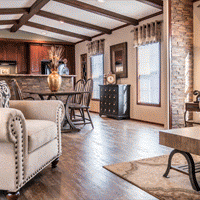
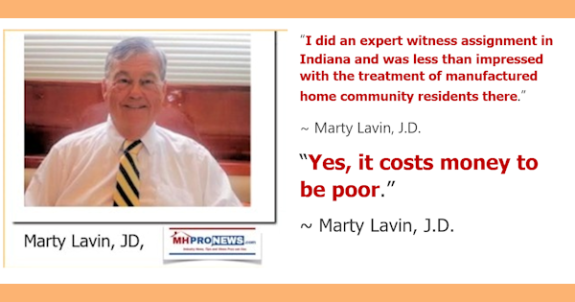
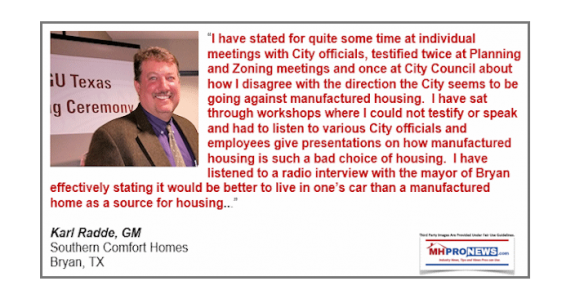
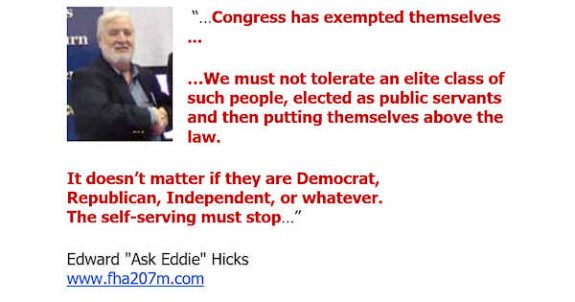
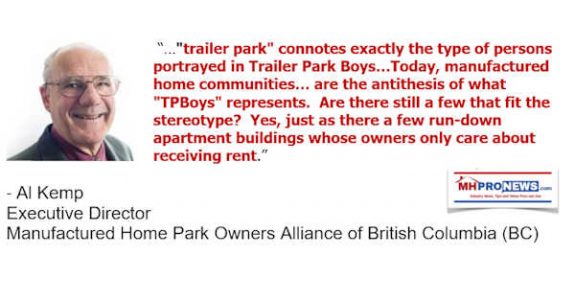
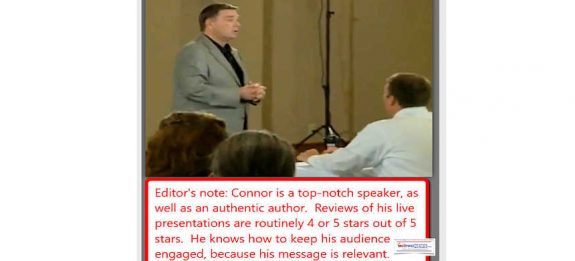
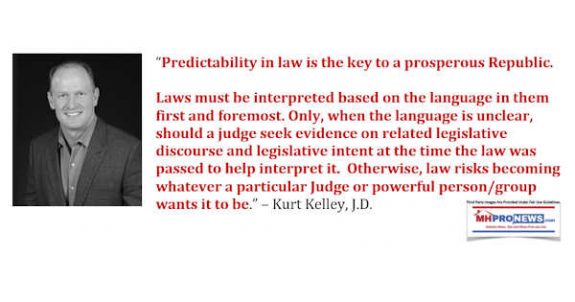
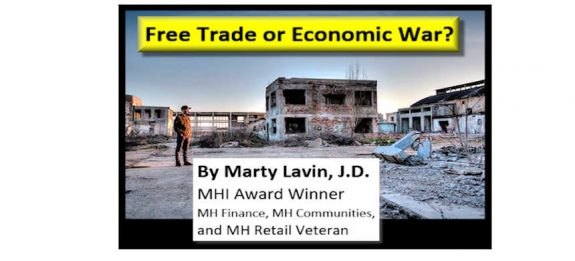
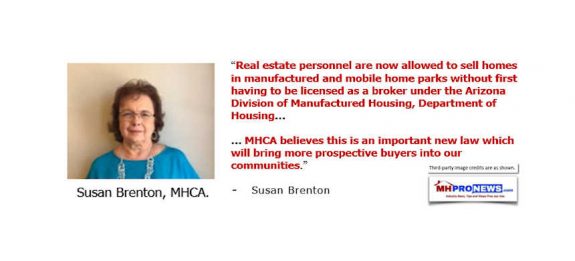
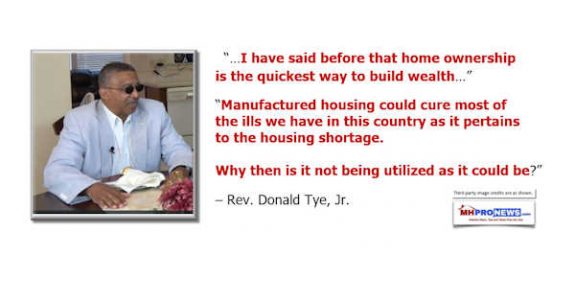
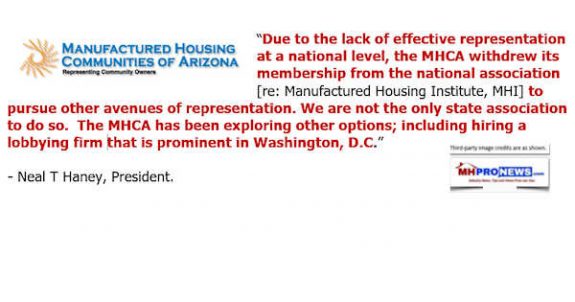
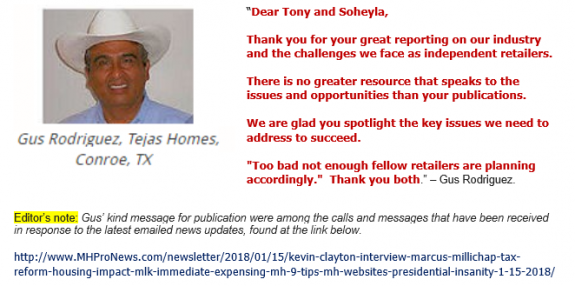
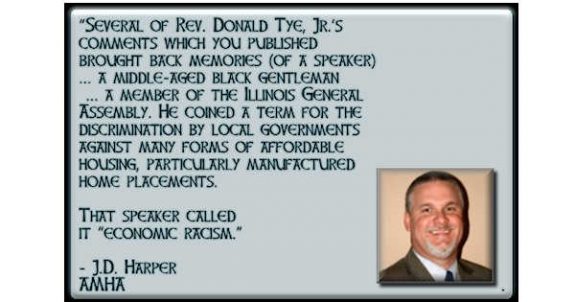
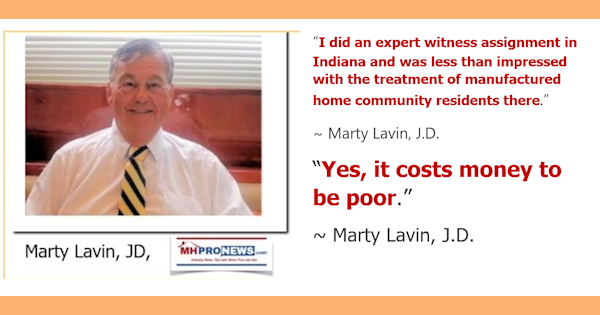
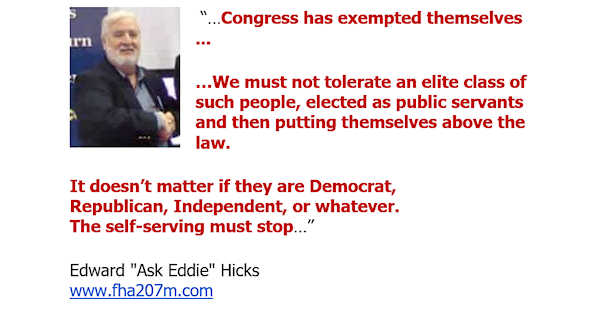
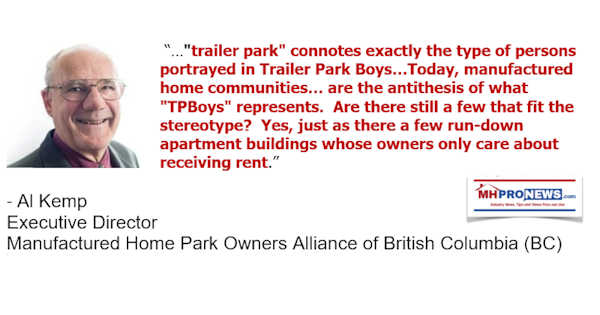
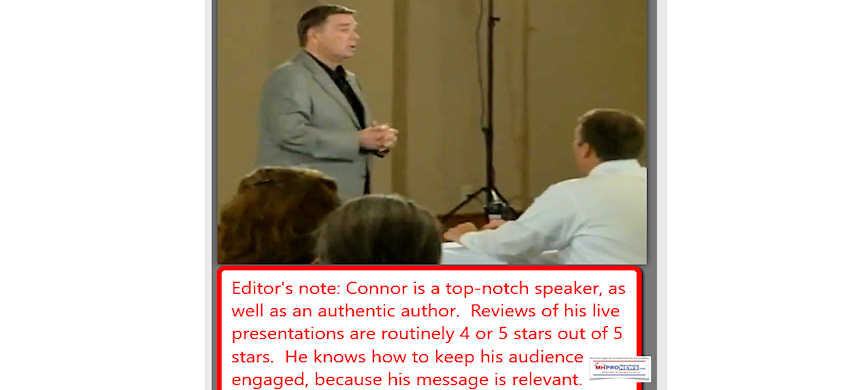
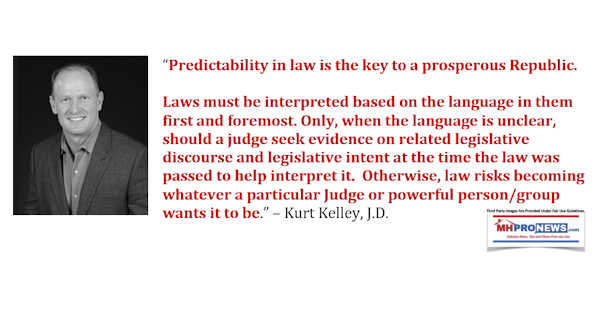
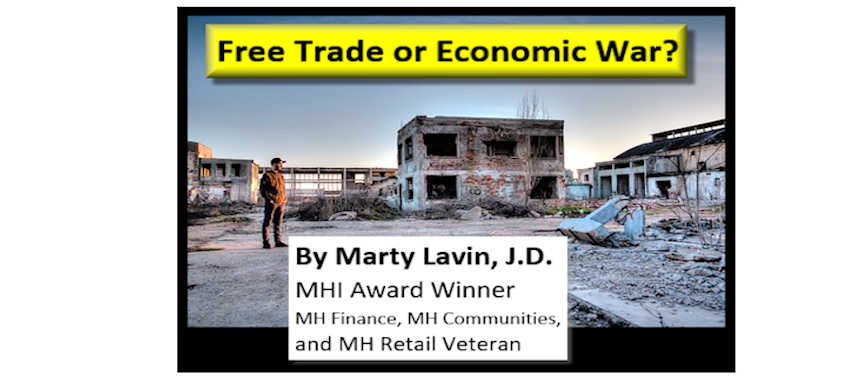
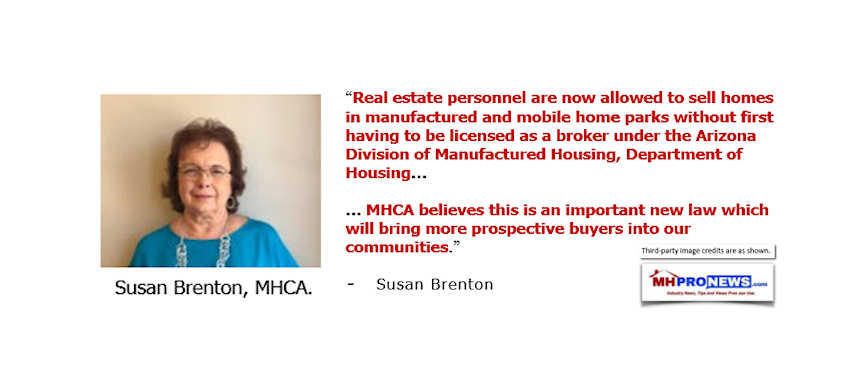
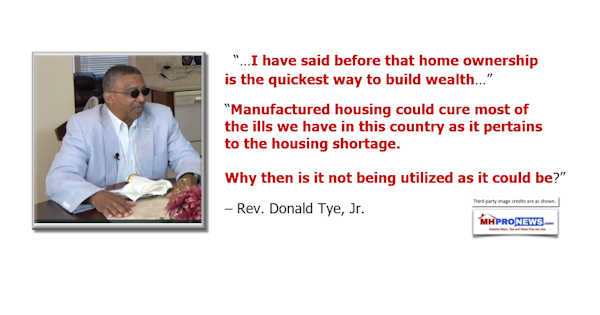
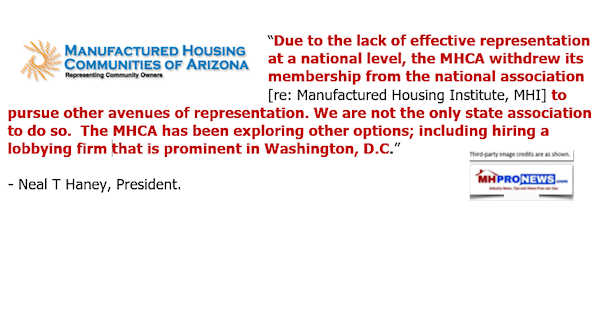
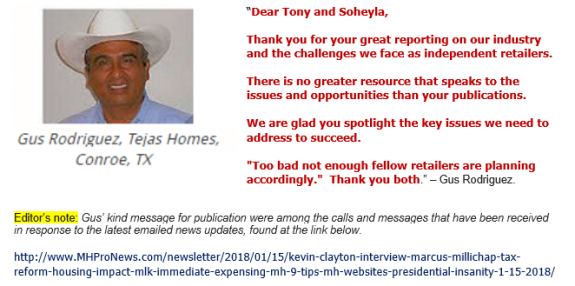
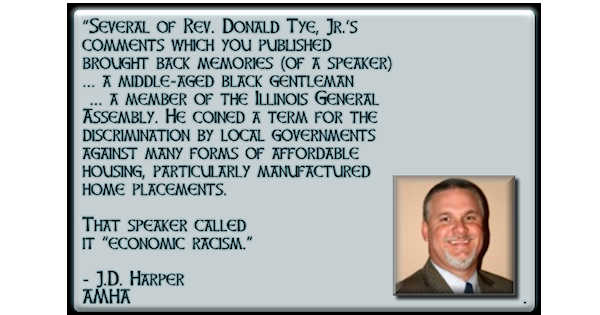
Karl Radde – TMHA, MHI, Southern Comfort Homes – Addressing Bryan City Leaders, Letter on Proposed Manufactured Home Ban
To All Concerned [Bryan City Officials, Others]: As the retail location referenced by Mr. Inderman, I would like to take a moment to address the …